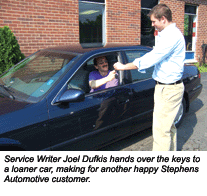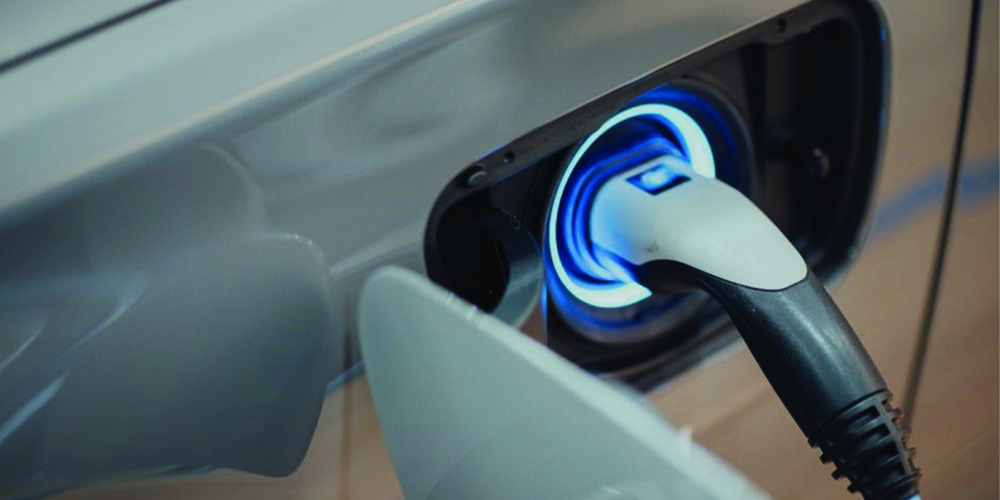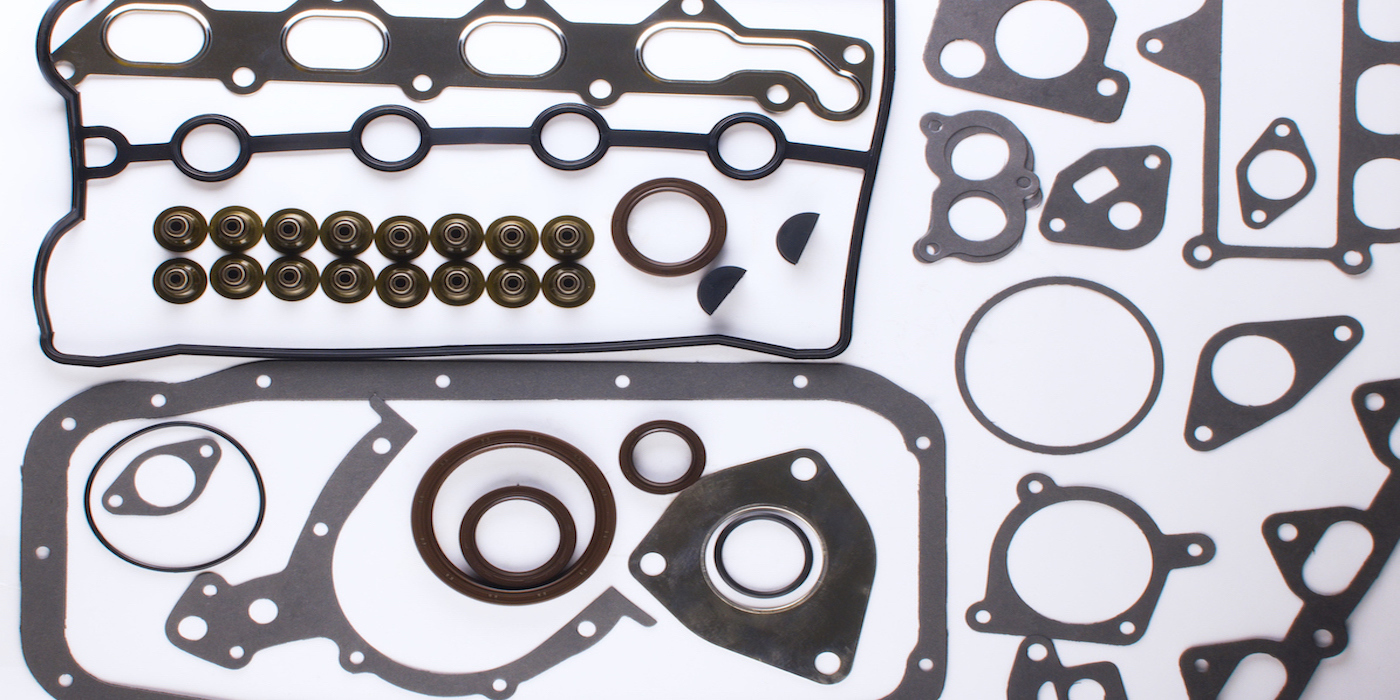Weighing The Benefits Against The Costs
Although most shop owners have considered making loaner cars available to their customers, the potential problems associated with offering this service may have scared you away from the idea. I’ve found that the convenience factor of having a small loaner fleet far outweighs the cost, maintenance, gas and liability factors.
 Stephens Automotive has three loaner cars, all of which are licensed in the company’s name and insured under our garagekeeper’s insurance. All of them are high mileage, but mechanically sound, Toyota Camrys that were previously owned by customers and purchased by us at a point when they needed some repair that the customer felt was beyond the car’s worth. We repaired these cars in slow times and, in doing so, created our loaner fleet.
Stephens Automotive has three loaner cars, all of which are licensed in the company’s name and insured under our garagekeeper’s insurance. All of them are high mileage, but mechanically sound, Toyota Camrys that were previously owned by customers and purchased by us at a point when they needed some repair that the customer felt was beyond the car’s worth. We repaired these cars in slow times and, in doing so, created our loaner fleet.
We are cautious about whom we lend one of these cars to and how long people keep them. When their car repair is finished, we push to get our loaner back quickly, minimizing the possibility of problems.
Consider these benefits of maintaining a fleet of loaner vehicles:
Offering a loaner car when a customer makes an appointment adds to their convenience factor and yours. The technician will have more time to do a thorough inspection of the vehicle, and the customer will be more inclined to have any necessary, additional work performed because he has transportation and isn’t stranded at work or home.
During busier times, you can put a car replaced with a loaner on the back burner and focus on a moneymaker instead. The customer with the loaner car still has transportation and probably won’t mind a slight delay.
Easily turn a small job into a bigger job. Suggest that since they still have wheels (in the form of a loaner car), that they have more needed work done on their car all at once, instead of breaking it up over several visits. Spreading out service appointments gives another shop a chance to do the work you haven’t completed.
LOANER VS. RENTAL
Keep in mind that there is a big difference between a free loaner car and a rental car. A lot of dealers have gotten away from loaner cars and let the rental car chains handle that side of the business. But we’ve found that the time the customer waits to be picked up, and the process of rental companies upselling to a bigger car or better insurance, as well as potential credit card processing errors, adds to the customers’ inconvenience of having their car serviced.
We’ve also found that after people get used to you having loaners, they will always want one — even for fast oil changes. You need a trained service writer to keep the loaners on a short leash and save them for profitable tickets, or cars you can see have a history of pending repairs.
FIRST THINGS FIRST
Talking to your insurance company should be your first step in a loaner car decision, as insurance costs and liability factors are all things to think about.
I sat down with our insurance representative and came up with a loaner agreement that we have the customer agree to and sign. It’s not complicated or confusing; it merely states the rules agreed upon by the customer who takes the loaner and includes the following information:
Company name;
Car being loaned, year, make and model, and license plate number;
Date and time;
Customer’s name, address and phone number;
Customer’s driver’s license number;
Customer’s insurance company;
The car should be returned with the same amount of gas that it left with;
That minor scrapes and scratches are expected, but if a vehicle is returned with body damage, the customer is responsible for the repair; and
All parking tickets are the customer’s responsibility.
In addition, the state of Illinois uses I-PASS, which is a prepaid electronic pass for toll road use. When toll roads are used without a pass, a ticket is issued to the car owner. Our agreement states that the customer is responsible for those tickets.
Sometimes people feel like their repair cost should cover gas usage, and most of the time it does. But don’t be surprised when the tank is filled by a customer who’s appreciative of the fact that you went the extra mile and made a loaner vehicle available to him.
Offering loaner vehicles doesn’t have to be an inconvenience to your shop and can go a long way in increasing customer satisfaction. It can result in fewer transportation headaches for your customers and more profitable repair tickets for you.
Joe Stephens is the owner of Stephens Automotive in Palatine, IL, and a member of the ImportCar Advisory Board. For the past 10 years, Stephens has specialized in the repair of Toyota and Lexus vehicles at his 6,000-square-foot shop, staffed by three technicians and one service writer.
Stephens says he’ll always make time to talk shop with any shop owner; you can contact him at [email protected].













